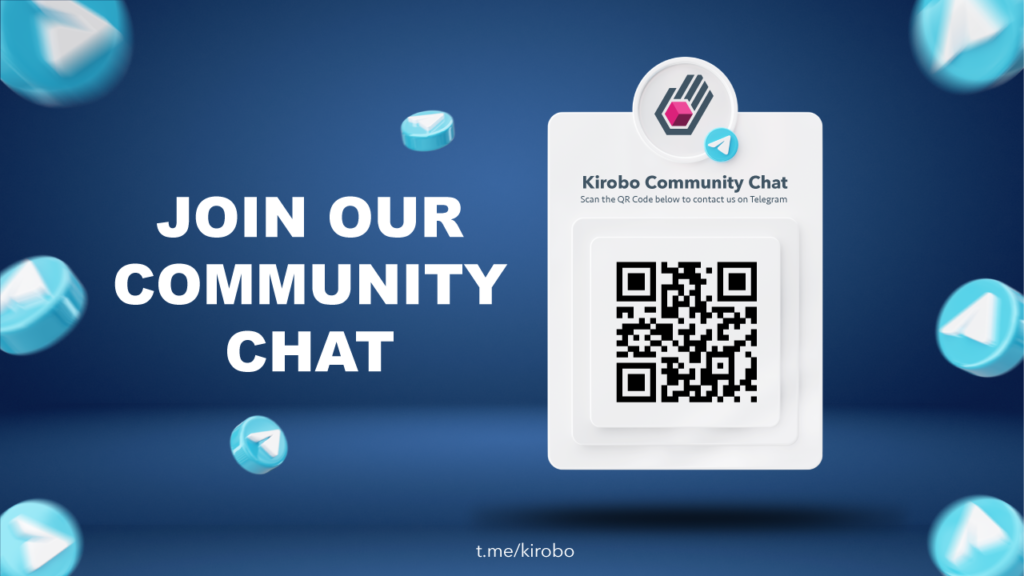“No man is an island, entire of itself.” – John Donne. Like all apes, human beings are social animals. We gain our education and emotional fulfillment from the people around us, and moreover, none of us would survive to adulthood without the proverbial village helping to raise us. When it comes to business too, community is vital, creating strong brand loyalty and word of mouth advertising. Pre-internet, it was difficult to achieve this; traditional marketing techniques like TV ads, billboards and brochures don’t really bring customers together. And yet there are examples of businesses that thrived by fostering a community – Harley Davidson for example. The motorcycle company had been struggling to compete with imported vehicles, but during the 1980s began focusing on building a community based around a brand identity – a brotherhood of bikers. Nobody can argue that this wasn’t effective. When the internet came along, businesses and organizations soon realized that it was more than just a free international billboard – it gave them the power to create online communities. Nowadays, a business is unlikely to last long if it neglects its social media.
Reddit
Reddit is one of the top twenty most-visited websites in the world, with approx. 1.68 billion hits per day (according to SimilarWeb). It’s essentially a platform enabling people to open forums (‘subreddits’) dedicated to specific subjects – be it cats, calligraphy, catapults, cryptocurrency or cacti. Specific cryptocurrencies have their own subreddits too. The main cryptocurrency subreddit (reddit.com/r/cryptocurrency) has around 3.5 million members, and the opinions of these virtual communities can have a very real-world effect on prices. For example, one of the factors causing Dogecoin to jump to a market cap of 9 billion USD was hype circulating in a crypto subreddit called /r/wallstreetbets.
Twitter
Twitter was another significant factor in the infamous rise of Dogecoin (thanks to an infamous tweet by Elon Musk). The ubiquitous networking platform has more than 200 million users and revenue surpassing 3.7 billion USD, so when a conversation about a crypto project starts to gain traction, the price of the token tends to go up (or down, depending on the nature of the conversation). So influential is the platform that numerous celebrities have gotten into trouble for using it to promote some cryptocurrency or other.

How does this relate to cryptocurrency?
Cryptocurrency is inherently related to the concept of community. A blockchain, by definition, exists on all devices on a network and functions via some form of consensus mechanism. In other words, each blockchain is a community and community powers each blockchain. Furthermore, unlike heritage organizations which had to change tactics to adapt to the internet age, cryptocurrency was born to it. There’s no decades-long history of Bitcoin being advertised on billboards in Times Square or sending brochures out to potential customers’ homes by the thousands. Instead, Bitcoin was born with a twin – an online forum called Bitcointalk.org where the first ever Bitcoin transaction was initiated. The forum was also the place where the word “HODL” first appeared. The extent to which online communities drive the crypto economy cannot be overstated; a 2020 study by Frontiers in Blockchain found a strong correlation between keyword frequency over social media and price changes in Bitcoin and Ethereum. For example, before the BTC price crash of 2018, keywords relating to regulatory restrictions and altcoin adoption increased threefold. In other words, cryptocurrencies owe their success, and their very existence, to the community.Join Kirobo community chat

What does this mean for the user?
Cryptocurrency users know that online communities are the only reliable place to keep updated with the ecosystem. Online communities are where people find out about new projects, where they track the progress of existing projects, and where they can find trading partners. So you’re probably wondering – where are these places? Well, we’ll tell you.
Slack
Slack, an acronym of “Searchable Log of All Conversation and Knowledge”, is a messaging platform created in 2013. It’s used by more than 600,000 organizations, and sees almost 130 million visits a day. Its emphasis on enterprise customers means that it’s limited in terms of ground-level community-building, but its importance in the crypto world cannot be ignored: in September 2021 the US SEC ordered Ripple Labs to release its employee messages on Slack as part of the regulator’s legal battle against the crypto company.Discord
Another instant messaging platform with hundreds of millions of users, and another key venue for cryptocurrency discussions. Designed for gaming, it has features that set it apart from other messaging apps, such as bots that track and reward quality answers. This both gives users an incentive to participate meaningfully and helps to prevent bots and scams.Telegram
Telegram is an encrypted messaging service where moderated groups housing up to 100,000 members can be opened by anyone. It’s used heavily in the crypto investment space, giving participants in crypto projects the opportunity to meet each other, make deals, and share news. One example of the utility of Telegram groups is the Kirobo P2P Swap Button. The service enables users to exchange tokens directly with one another at their own prices. But in order to do this, they need to find a swapping partner – and the dedicated Telegram group is one of the best places to do this.
Get involved!
One of the beautiful things about the internet is that it made the world a smaller place, and it can be stated that cryptocurrency is the financial version of this. Mass adoption of cryptocurrency will take control of finance away from big corporations and put it back at the community level, where it belongs. So why not get involved? Join the Kirobo Telegram group